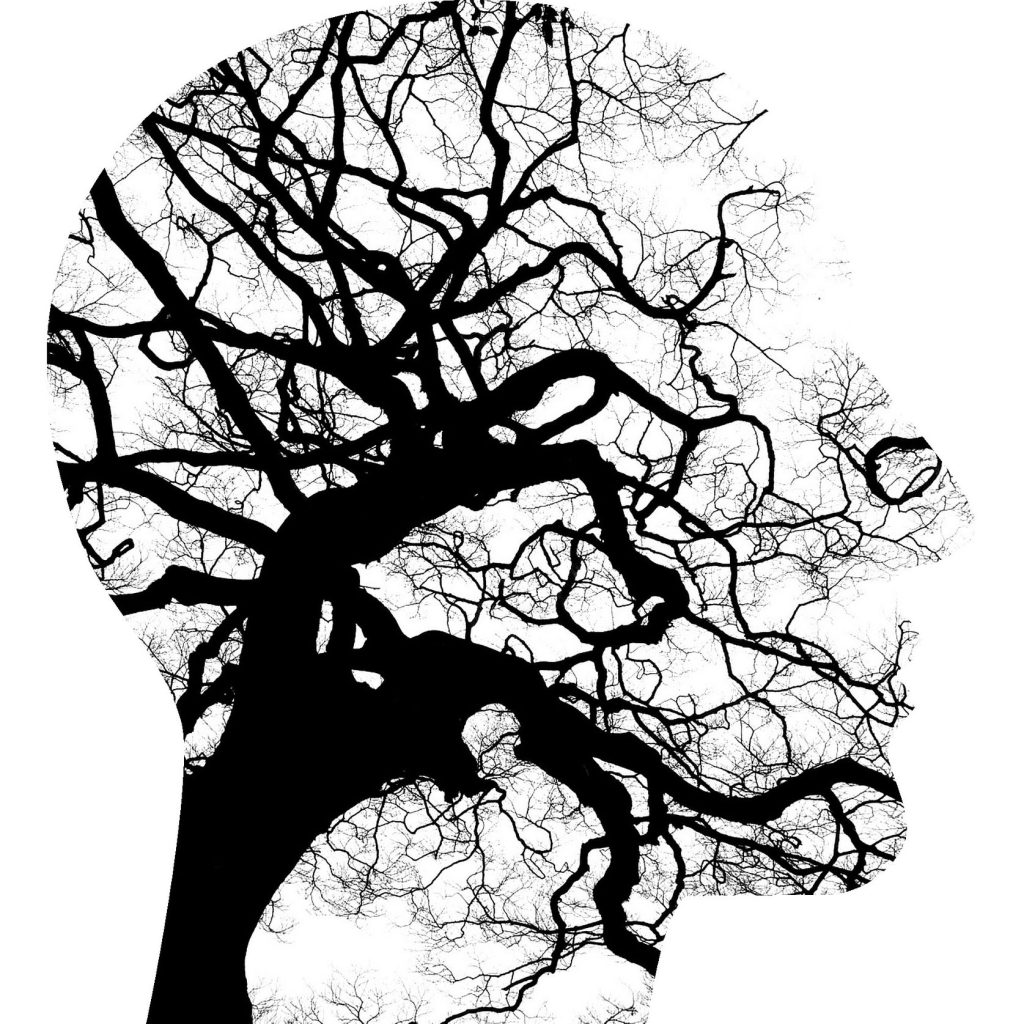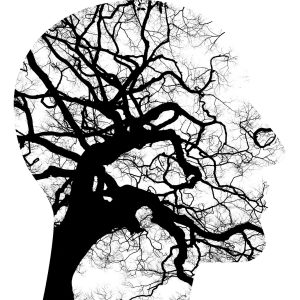
This blog has been written for the Resilience and Wellbeing Network by Dr Jacqui Wilmshurst, chartered psychologist, OH expert and member of the network’s editorial group. Last month she wrote about the 1 in 4 myth. This time she examines the implications of this myth when we want to address mental health issues in the workplace.
Meanwhile, 63 per cent of managers believe that they are obliged to put the interests of their organisation above the wellbeing of team members, and 49 per cent of employees say they would not talk to their manager about a mental health issue.
What does this mean for us when we want to address distress and other mental health issues in the workplace?
The bottom line is, mental health is a human issue with some medical aspects and not the other way around. Evidence shows2, 3, 4 that it is as much, probably more, about personal and social factors and resources as it is about biological factors.
For this reason, when we see mental health as something that we all have, and that fluctuates throughout our lives, we realise that the ways in which we maintain it and find support when it is not so good, do not all lie in the hands of medical and health professionals, but in all of us.
In fact, self-awareness is arguably more valuable than anything else in terms of recognising our own warning signs and being able to tell others when we need extra resources and support. This does not of course mean that there are not times when any of us can lose our ability to notice our state, or become so distressed as to be unable to ask for help. In these times, we should of course turn to those who have the knowledge, training and experience to help us back on our feet. What it does mean, though, is that there are a huge number of resources available within ourselves and among our social networks when we choose to access them.
How do we do this at work? How do individuals, managers and senior leaders build resources and resilience via encouraging increased self-awareness amongst ourselves and each other? Much of this needs to be addressed through a carefully planned and integrated wellbeing strategy, to include realistic policies and training. What we can do alongside all the official organisational interventions, is to start with the human aspects when someone is in acute distress before ‘calling in’ the health professionals, activating official policies or sending someone home or off to their GP. Ask the person, and yourself, the following questions:
- With some immediate human care and support, can this person reasonably stay in work and continue to function in their current state?
- Is there something in the workplace context that is contributing to their distress and if so, can anything be done about it?
- If they can stay at work, can they work out (or at least take part in working out) what they need in order to manage themselves whilst at work? What resources might they want to have in place when they finish for the day?
- What support is available to them in work; peer support networks, EAP etc.?
- If they do need to go home, what support do they have in place there (personal and social as well as from health professionals) to maintain some structure and safety at a time, often, of perceived chaos?
Remember, when someone is in acute distress we shouldn’t start by asking, ‘What’s wrong with you?’ We should first be wondering, ‘What has happened to you?’ When we approach distress with humanity first, we encourage a culture in which it’s not ‘us and them’, but instead is ‘all of us’. When we realise this, we don’t need to hand over our wellbeing so quickly to those we perceive to be experts. We can empower ourselves to find much more of the resources we need within and amongst ourselves.
For more information on our Employee wellbeing course, please contact us.
Footnotes
- https://wellbeing.bitc.org.uk/all-resources/research-articles/mental-health-work-report-2017
- http://www.palgrave.com/us/book/9781137408693
- https://news.liverpool.ac.uk/2017/10/10/world-mental-health-day/
- https://thepsychologist.bps.org.uk/our-turbulent-minds











